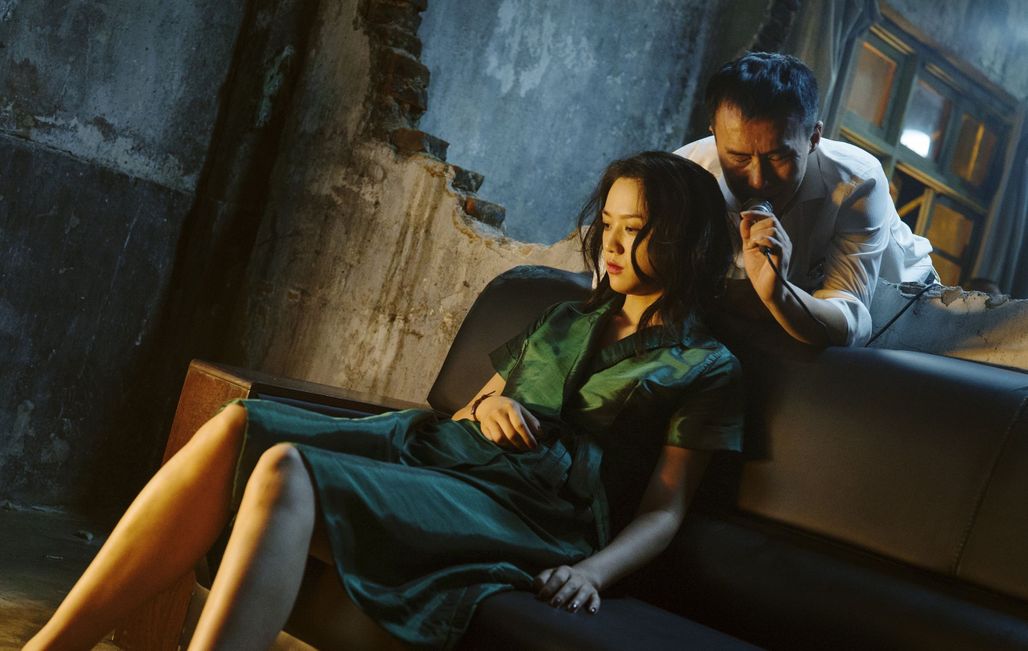
Long day’s journey into night as seen by Bi Gan

In Long Day's Journey Into Night, his second feature film after Kaili Blues, a prizewinner in 2015 in Locarno, the Chinese filmmaker Bi Gan depicts the return of a man to his hometown to find a woman he once loved. The film is being shown as part of Un Certain Regard.
What gave you the idea for this film?
The title of a collection of poems by Paul Celan, "Pavot et mémoire" (Poppy and Memory, 1952). My film is divided into two parts. The first is entitled "Poppy" and the second "Memory". I worked on the screenplay with the novelist Chang Ta-Chun, who served as a consultant. We discussed the film's structure a great deal and it was during these conversations that we had the idea of dividing the film into two parts. A Long Day's Journey Into Night started out as a film noir, in the style of Billy Wilder's Double Indemnity. I then deconstructed the screenplay, interchanging parts of it, and moving them from one scene to another. That's how I construct my films.
How was the shoot?
I stopped the shoot on the very first day. I wasn't happy with the decor… that took a while, it was very tense and there was a lot of pressure. Then Liu Qiang, our artistic director, stepped in, with his very sharp visual sense. With him, we began to solve the problems. The shoot was then stopped once or twice, then got delayed and was finished only in mid-February this year, a few days before the Chinese New Year.
How did you put your cast together?
The face of an actor or actress is very important for me. Chagall's The Promenade inspired me greatly in making this film, but who could play the flying woman in the picture? At first I couldn't see anyone. Then all of a sudden, the face of Tang Wei came to me. I thought she could be a fascinating choice and contacted her there and then. As for Luo Hongwu's mother when he is Wild Cat, I wanted an actress capable of fitting into different roles, without ever losing a sense of fulfilment: that's how Sylvia Chang stood out as the best choice for me. I put the rest of the cast together quite quickly. It's made up of both professional and amateur actors. Some look like animals, others like plants!
What did you learn while imagining the film?
That I need to feel I'm in danger, as if I have to escape death in order to create. That's something I already went through with my first film Kaili Blues. I often tell myself the film is bound to be a failure, and yet the next day, I get a new idea, which brings it to life again. I think that creatives have to keep questioning themselves, even at the risk of "destroying" themselves. Whether the budget is huge or tiny, I can't be happy with making a film simply because the script is there. That's not enough for me and doesn't motivate me.


